
by Ria Olivier | Mar 16, 2020 | Antarctica, Legacy, Research, SANAP, SCAR, Science, Uncategorised
To start off SANAP Mid-Month series we have Thulani Makhalanyane 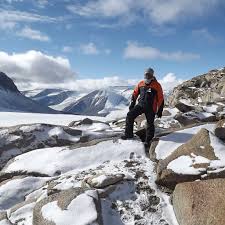 as our first Monday Man.
as our first Monday Man.
Thulani Peter Makhalanyane was educated at the North West University  (Mafikeng Campus), where he completed a BSc (Hons) degree in Microbiology. He then moved to the University of the Western Cape to begin microbial ecology research, earning both an MSc degree at the Institute for Microbial Ecology and Genomics in the Department of Biotechnology (obtained cum laude, 2010) and PhD (2013).
(Mafikeng Campus), where he completed a BSc (Hons) degree in Microbiology. He then moved to the University of the Western Cape to begin microbial ecology research, earning both an MSc degree at the Institute for Microbial Ecology and Genomics in the Department of Biotechnology (obtained cum laude, 2010) and PhD (2013).
Dr Makhalanyane is a lecturer in the Department of Genetics. His lectures to third-year students are in the fields of phylogenetics and microbial ecology. He also serves as a Young Ambassador for the International Society for Microbial Ecology (ISME), Reviews Editor for Frontiers in Microbiology and currently Guest Associate Editor for the Terrestrial Microbiology section.
Why you love your career in science?
 There are very few careers which allow you to generate new knowledge and acquire new insights on a daily basis. Working as a scientist allows me to be at the very cutting edge of knowledge generation
There are very few careers which allow you to generate new knowledge and acquire new insights on a daily basis. Working as a scientist allows me to be at the very cutting edge of knowledge generation  within my field. I love being able to work in a team of scientist working on exciting projects. I get to mentor a range of students, from undergraduates to PhD, all with unique perspectives and insights. As a SANAP researcher, my work allows me access to unique study sites and locations and allows me to work on topics very few people have access to.
within my field. I love being able to work in a team of scientist working on exciting projects. I get to mentor a range of students, from undergraduates to PhD, all with unique perspectives and insights. As a SANAP researcher, my work allows me access to unique study sites and locations and allows me to work on topics very few people have access to.
Latest research or study you’re working on;
We have several exciting ongoing studies. These questions aim to go beyond cataloguing microbial species diversity but assessing their ecosystem services. We typically use a combination of bioinformatics studies for these but are moving towards integrated ‘omics’ to answer our questions. Typical questions centre around, for instance, understanding the evolution of resistance gene mechanisms in natural environments.
Thulani’s Message:


Compared to choosing to work in more mainstream professions, such as medicine, careers in science can often be challenging. The challenges relate to the long periods of study required, it can take more than 8 years before attaining doctoral degrees, and the salaries are comparatively lower. However, the joys and benefits of following a career in science are extremely fulfilling and rewarding. I would encourage any student interested in science to stay focused on their goal and not be distracted. They will find that working as a scientist is probably the most rewarding endeavour.
 Dr Thulani Makhalanyane was the 2014/15 winner of a TW Kambule-NSTF Award for Emerging Researchers. Dr Makalanyane received his NSTF Award trophy from the Minister of Science and Technology, Naledi Pandor, and the Chairman of proSET, Reinhard Meyer
Dr Thulani Makhalanyane was the 2014/15 winner of a TW Kambule-NSTF Award for Emerging Researchers. Dr Makalanyane received his NSTF Award trophy from the Minister of Science and Technology, Naledi Pandor, and the Chairman of proSET, Reinhard Meyer
Thulani is also on the South African National Committee for SCAR
See his profile Thulani Makhanlanyani and a presentation on available youtube

by Ria Olivier | Mar 10, 2020 | Announcement, Antarctica, Current Event, Fellowship, News, Research, SCAR, Science, Stations
 INVITATION FOR INNOVATIVE RESEARCH PROPOSALS
INVITATION FOR INNOVATIVE RESEARCH PROPOSALS
40th INDIAN SCIENTIFIC EXPEDITION TO ANTARCTICA  (40-ISEA)
(40-ISEA)
National Centre for Polar and Ocean Research, an Earth System Science Organization (ESSO-NCPOR & erstwhile NCAOR), under the Ministry of Earth Sciences (MoES), Government of India, is the nodal agency for implementation of the Indian Antarctic Programme. Hitherto, thirty-nine scientific expeditions to Antarctica have been successfully completed. The fortieth Antarctic Expedition, scheduled to be launched in October- November 2020 is being initiated through this advertisement.
 -NCPOR operate two-year round stations in Antarctica, which are~ 3000 km apart
-NCPOR operate two-year round stations in Antarctica, which are~ 3000 km apart
The 40th Indian Scientific Expedition to Antarctica (40-ISEA) embarks on a new journey of scientific research. ESSO-NCPOR welcomes long-term innovative scientific proposals in thematic areas and its sub-themes in different disciplines. In addition to the ongoing programmes

Bharati Station
of different institutions, ESSO-NCPOR welcomes scientific projects under the following broad areas with area of focus being Amery Ice-Shelf in Prydz Bay region for multi-national, multi-institutional programme with special reference to geoscientific program viz identification of orogenic and cratonic components to arrive at a refined India-Antarctica geological correlation.

Maitri Station
Travel arrangements for all expedition members  from Goa to Antarctica and back is taken care of by ESSO-NCPOR. Travel only available in Summer Season
from Goa to Antarctica and back is taken care of by ESSO-NCPOR. Travel only available in Summer Season
Read more about the Expedition on the NCPOR website and download the Call for Research Proposal

by Ria Olivier | Mar 3, 2020 | Antarctica, Environment, Gough Island, Marion Island, Research, SANAE, SANAE Gallery, Science, Southern Ocean
 On World Wildlife Day 2020, we will celebrate the special place of wild plants and animals in their many varied and beautiful forms as a component of the world’s biological diversity. World Wildlife Day in 2020 is celebrated under the theme “Sustaining all life on Earth”, encompassing all wild animal and plant species as key components of the world’s biodiversity. This aligns with UN Sustainable Development Goals 1, 12, 14 and 15, and their wide-ranging commitments on alleviating poverty, ensuring sustainable use of resources, and on conserving life both on land and below water to halt biodiversity loss. On 20 December 2013, at its 68th session, the United Nations General Assembly (UNGA) proclaimed 3 March – the day of signature of the Convention on International Trade in Endangered Species of Wild Fauna and Flora (CITES) in 1973 – as UN World Wildlife Day to celebrate and raise awareness of the world’s wild animals and plants.
On World Wildlife Day 2020, we will celebrate the special place of wild plants and animals in their many varied and beautiful forms as a component of the world’s biological diversity. World Wildlife Day in 2020 is celebrated under the theme “Sustaining all life on Earth”, encompassing all wild animal and plant species as key components of the world’s biodiversity. This aligns with UN Sustainable Development Goals 1, 12, 14 and 15, and their wide-ranging commitments on alleviating poverty, ensuring sustainable use of resources, and on conserving life both on land and below water to halt biodiversity loss. On 20 December 2013, at its 68th session, the United Nations General Assembly (UNGA) proclaimed 3 March – the day of signature of the Convention on International Trade in Endangered Species of Wild Fauna and Flora (CITES) in 1973 – as UN World Wildlife Day to celebrate and raise awareness of the world’s wild animals and plants.

Azorella selago (Photo Credit: Niek Gremmen)

Antarctic Tern (Photo Credit: Tom McSherry)
The South African National Antarctic Programme (SANAP) plays a crucial role in conserving this living laboratory – – the coldest, windiest and driest place on Earth. Studies done in the Antarctic, sub-Antarctic and Southern Ocean are inextricably linked to our understanding of the entire Earth system and signals in Antarctica indicate past and future global changes. SANAP recognises the global and national importance of safeguarding the environment of the Antarctic and Southern Ocean and protecting the integrity of ecosystems, both marine and terrestrial, in the region.

Weddell Seal – Photo Credit: Chris Oosthuizen

Photo Credit: Ben van der Walt
SANAP slogan “Understands, Develop and Conserve is celebrating World Wildlife Day 2020.  See amazing images on the SANAP website under galleries of the different stations of South Africa. Go to the ALSA archive and look for the interaction images of man and the environment
See amazing images on the SANAP website under galleries of the different stations of South Africa. Go to the ALSA archive and look for the interaction images of man and the environment

by Ria Olivier | Mar 1, 2020 | Antarctica, Fellowship, Marion Island, Research, SANAP, Science, Southern Ocean, Uncategorised, Women in Science
11 February 2020 was the International Day of Women and Girls in Science and 8 March 2020 is International Womens day. Within the SANAP environment there are many women, this article highlight four early women career scientists.
Liezel Rudolph is chair of the Association of Polar Early Career Scientists (APECS) of South Africa. She is a PhD student, working on cosmogenic nuclide surface exposure dating  of Marion Island in the sub-Antarctic. Her research is on the impact of various physical factors on landscape change, for example: animals (seals in particular) on soil properties and vegetation community composition; ice, above or below the ground surface. Geomorphology or better known as Physical Geography is her area(s) of Interest and more specifically, the processes behind
of Marion Island in the sub-Antarctic. Her research is on the impact of various physical factors on landscape change, for example: animals (seals in particular) on soil properties and vegetation community composition; ice, above or below the ground surface. Geomorphology or better known as Physical Geography is her area(s) of Interest and more specifically, the processes behind  Periglacial Landforms and to a lesser extent Biogeomorphology. She is fascinated by cold and mountainous places, and thus prefer to work in environments like the High Drakensberg, Subantarctic Marion Island or Antarctica. Liezel is a lecturer at the University of the Free State, Bloemfontein and one of the founding members of APECSSA. Since June 2019 she is the APECSSA Chair. Her Master’s work on rock glaciers took her to Antarctica twice (2013/14 & 2014/15), while her Honors studies led to a visit to Marion Island (2011). Her PhD studies have since taken her to Marion Island again (in 2017), most recently in 2019.
Periglacial Landforms and to a lesser extent Biogeomorphology. She is fascinated by cold and mountainous places, and thus prefer to work in environments like the High Drakensberg, Subantarctic Marion Island or Antarctica. Liezel is a lecturer at the University of the Free State, Bloemfontein and one of the founding members of APECSSA. Since June 2019 she is the APECSSA Chair. Her Master’s work on rock glaciers took her to Antarctica twice (2013/14 & 2014/15), while her Honors studies led to a visit to Marion Island (2011). Her PhD studies have since taken her to Marion Island again (in 2017), most recently in 2019.
Kolisa Yola Sinyanya is a PhD. candidate in Oceanography at the University of Cape Town (UCT). Her Ph.D.  research is part of a growing body of work that critically examines biogeochemical cycling in the ocean, particularly regions that are currently under-sampled. The research aims involve exploring phytoplankton community dynamics and microbe-nutrient interactions in the Indian Ocean, including subtropical and Southern
research is part of a growing body of work that critically examines biogeochemical cycling in the ocean, particularly regions that are currently under-sampled. The research aims involve exploring phytoplankton community dynamics and microbe-nutrient interactions in the Indian Ocean, including subtropical and Southern  Ocean waters. To-date, Kolisa has been awarded the Advancing Womxn Fellowship in the Department of Oceanography. She is a Black Women in South Africa Fellows of 2019. In 2019 she was nominated as one of the Inspiring Fifty Women in STEM South Africa. Kolisa has a passion for learning science and for sharing her science and this PhD programme has allowed her to engage in effective science communication through both public speaking and scientific writing. Kolisa’s work has also been documented in the academic communication magazine, The Conversation Africa. Earlier this year she was invited to be on the “New Voices” panel at the annual Nature, Environment and Wildlife Filmmakers Congress. Sinyanya is committed to increasing the visibility of women in STEM and to that end, she runs a blog called Women In Science Hub.
Ocean waters. To-date, Kolisa has been awarded the Advancing Womxn Fellowship in the Department of Oceanography. She is a Black Women in South Africa Fellows of 2019. In 2019 she was nominated as one of the Inspiring Fifty Women in STEM South Africa. Kolisa has a passion for learning science and for sharing her science and this PhD programme has allowed her to engage in effective science communication through both public speaking and scientific writing. Kolisa’s work has also been documented in the academic communication magazine, The Conversation Africa. Earlier this year she was invited to be on the “New Voices” panel at the annual Nature, Environment and Wildlife Filmmakers Congress. Sinyanya is committed to increasing the visibility of women in STEM and to that end, she runs a blog called Women In Science Hub.
Daniela Monsanto is a PhD Candidate at University of Johannesburg. She has just been awarded the HJ Scoonbee medal for the best MSc Dissertation in Zoology(UJ) Her work documented the fine scale genetic patterns in a springtail species on Marion Island. Daniela is using next-generation sequencing technologies to develop a suite of informative markers (including whole gnome assembly) to address ecological and evolutionary questions of the springtail species, Cryptopygus antarcticus travei, on Marion Island. Her work will allow us to identify the forces that impose strong selection
She has just been awarded the HJ Scoonbee medal for the best MSc Dissertation in Zoology(UJ) Her work documented the fine scale genetic patterns in a springtail species on Marion Island. Daniela is using next-generation sequencing technologies to develop a suite of informative markers (including whole gnome assembly) to address ecological and evolutionary questions of the springtail species, Cryptopygus antarcticus travei, on Marion Island. Her work will allow us to identify the forces that impose strong selection  pressures on the organism and the genes that experience selection in response to environmental change. Her results highlighted complex spatial genetic patterns that could be driven by micro-habitat preferences and/or a fitness funnel driven by local adaptations. This complexity illustrates that individuals respond to environmental changes. Her results may bring about far-reaching implications for conservation management on Marion Island, highlighting the importance of considering fine-scale evolutionary processes in management plans. In essence, her results emphasize that conservation efforts are best addressed in a ‘bottom-up’ approach as opposed to a ‘top-down’ approach, which is the case for (Southern Ocean) biodiversity. She is passionate about her work and is extremely fond of the world down south. Daniela loves everything about nature, the outdoors, and sports, particularly soccer, of which she is part of a ladies team in a provincial league. She enjoys spending time with her friends and family, and in her free time, she enjoys the hobby of fishkeeping.
pressures on the organism and the genes that experience selection in response to environmental change. Her results highlighted complex spatial genetic patterns that could be driven by micro-habitat preferences and/or a fitness funnel driven by local adaptations. This complexity illustrates that individuals respond to environmental changes. Her results may bring about far-reaching implications for conservation management on Marion Island, highlighting the importance of considering fine-scale evolutionary processes in management plans. In essence, her results emphasize that conservation efforts are best addressed in a ‘bottom-up’ approach as opposed to a ‘top-down’ approach, which is the case for (Southern Ocean) biodiversity. She is passionate about her work and is extremely fond of the world down south. Daniela loves everything about nature, the outdoors, and sports, particularly soccer, of which she is part of a ladies team in a provincial league. She enjoys spending time with her friends and family, and in her free time, she enjoys the hobby of fishkeeping.
Rudzani Silima is the first Champion for the Antarctic Cities Youth Expedition(ACYE).  She is currently a Capetonian and studies towards a Masters in Physical/Chemical Oceanography, through the Nelson Mandela University. She was one of 41 students that qualified for this year’s SEAmester cruise and won the prize for best student on-board. During the SEAmester cruise, Rudzani showed her passion for science, nature and especially the Southern Ocean. She has
She is currently a Capetonian and studies towards a Masters in Physical/Chemical Oceanography, through the Nelson Mandela University. She was one of 41 students that qualified for this year’s SEAmester cruise and won the prize for best student on-board. During the SEAmester cruise, Rudzani showed her passion for science, nature and especially the Southern Ocean. She has ambition that will not be held back and we are convinced that she will become an Antarctic ambassador at heart and further the connection between Cape Town and the Antarctic, as part of the network of gateway cities toward the Antarctic. Her expectation for the expedition before she left : “I look forward especially to interacting with the other young leaders and researchers chosen for this expedition to possibly establish connections. As an aspiring Oceanographer, Antarctica is an important milestone in my career, it represents the pinnacle of science, cooperation and diplomacy. To be the South African ambassador for this project is a privilege and is extremely humbling.” Rudzi arrived back in Cape Town on 28 February 2020 from the first ACYE
ambition that will not be held back and we are convinced that she will become an Antarctic ambassador at heart and further the connection between Cape Town and the Antarctic, as part of the network of gateway cities toward the Antarctic. Her expectation for the expedition before she left : “I look forward especially to interacting with the other young leaders and researchers chosen for this expedition to possibly establish connections. As an aspiring Oceanographer, Antarctica is an important milestone in my career, it represents the pinnacle of science, cooperation and diplomacy. To be the South African ambassador for this project is a privilege and is extremely humbling.” Rudzi arrived back in Cape Town on 28 February 2020 from the first ACYE
These early career women scientists have done presentations all over the world at international and national events where they represented South Africa and their institutions and have been authors and co-authors of articles in scientific magazines They are an inspiration to the girls of South Africa in Science.

by Ria Olivier | Feb 13, 2020 | Announcement, News, Research, SANAP, Science

NRF General Application Guide 2021 -Grants Management and Systems Administration (GMSA)version 1
Published February 2020.
During the last three years the National Research Foundation (NRF) has embarked on a process designed to enhance and simplify the NRF administrative interface with Researchers, Students and Designated Authorities. This has been done by streamlining its application templates and its Call Opening process, in line with the forthcoming Research Support Strategies by the Department of Science and Innovation (DSI) and the NRF. These changes will create enhanced efficiency in receiving and processing applications and be more effective in prioritizing funding to best serve the NRF mandate. As a result of the streamlining, the NRF will publish the One Call for Applications for funding in February 2020 (Review Period 1) and others later in Review Period 2 under the following categories. Refer to Appendix 1 for the Review Periods.
Take note of closing date for SANAP call is 30 April 2020:  See page 11-13 (SANAP pg12). Download full document from Antarctic Legacy Archive
See page 11-13 (SANAP pg12). Download full document from Antarctic Legacy Archive

by Ria Olivier | Feb 13, 2020 | Announcement, Current Event, Meetings, News, Research, SANAP, Science
 SAVE the Date for the 6th Biannual SANAP Symposium that will take place 22-25 June 2020.
SAVE the Date for the 6th Biannual SANAP Symposium that will take place 22-25 June 2020.
Read Gansen Pillay opening speech to the SANAP community at the previous symposium in Hermanus.
Communication form the Director of Knowledge Advancement and Support (KAS), Tracy Klarenbeek :  ” Please save the date for the 2020 SANAP Symposium: 22-25 June 2020 (inclusive). This date has been selected to accommodate the university exam timetable, and the departure of the SEAMester cruise. So as to feed into the international space, it is also scheduled to take place before the 2020 SCAR Conference in Hobart in August 2020. The event is going to take place in the Western Cape. More details to follow in due course. “
” Please save the date for the 2020 SANAP Symposium: 22-25 June 2020 (inclusive). This date has been selected to accommodate the university exam timetable, and the departure of the SEAMester cruise. So as to feed into the international space, it is also scheduled to take place before the 2020 SCAR Conference in Hobart in August 2020. The event is going to take place in the Western Cape. More details to follow in due course. “
Benefits of Attending Conferences 
Get feedback on an early version of your latest work.
Get to know other people in your field.
Hear about the latest research.
Improve your presentation and communication skills.
Meet your academic heroes.
Engage in high-level debates and refine your ideas.
Adding to your CV.
 Left: Opening session of the 5th Biannual SANAP Symposium hosted by CPUT and SANSA.
Left: Opening session of the 5th Biannual SANAP Symposium hosted by CPUT and SANSA.
Venue will soon be announced and Symposium website opened.

 as our first Monday Man.
as our first Monday Man. (Mafikeng Campus), where he completed a BSc (Hons) degree in Microbiology. He then moved to the University of the Western Cape to begin microbial ecology research, earning both an MSc degree at the Institute for Microbial Ecology and Genomics in the Department of Biotechnology (obtained cum laude, 2010) and PhD (2013).
(Mafikeng Campus), where he completed a BSc (Hons) degree in Microbiology. He then moved to the University of the Western Cape to begin microbial ecology research, earning both an MSc degree at the Institute for Microbial Ecology and Genomics in the Department of Biotechnology (obtained cum laude, 2010) and PhD (2013). There are very few careers which allow you to generate new knowledge and acquire new insights on a daily basis. Working as a scientist allows me to be at the very cutting edge of knowledge generation
There are very few careers which allow you to generate new knowledge and acquire new insights on a daily basis. Working as a scientist allows me to be at the very cutting edge of knowledge generation  within my field. I love being able to work in a team of scientist working on exciting projects. I get to mentor a range of students, from undergraduates to PhD, all with unique perspectives and insights. As a SANAP researcher, my work allows me access to unique study sites and locations and allows me to work on topics very few people have access to.
within my field. I love being able to work in a team of scientist working on exciting projects. I get to mentor a range of students, from undergraduates to PhD, all with unique perspectives and insights. As a SANAP researcher, my work allows me access to unique study sites and locations and allows me to work on topics very few people have access to.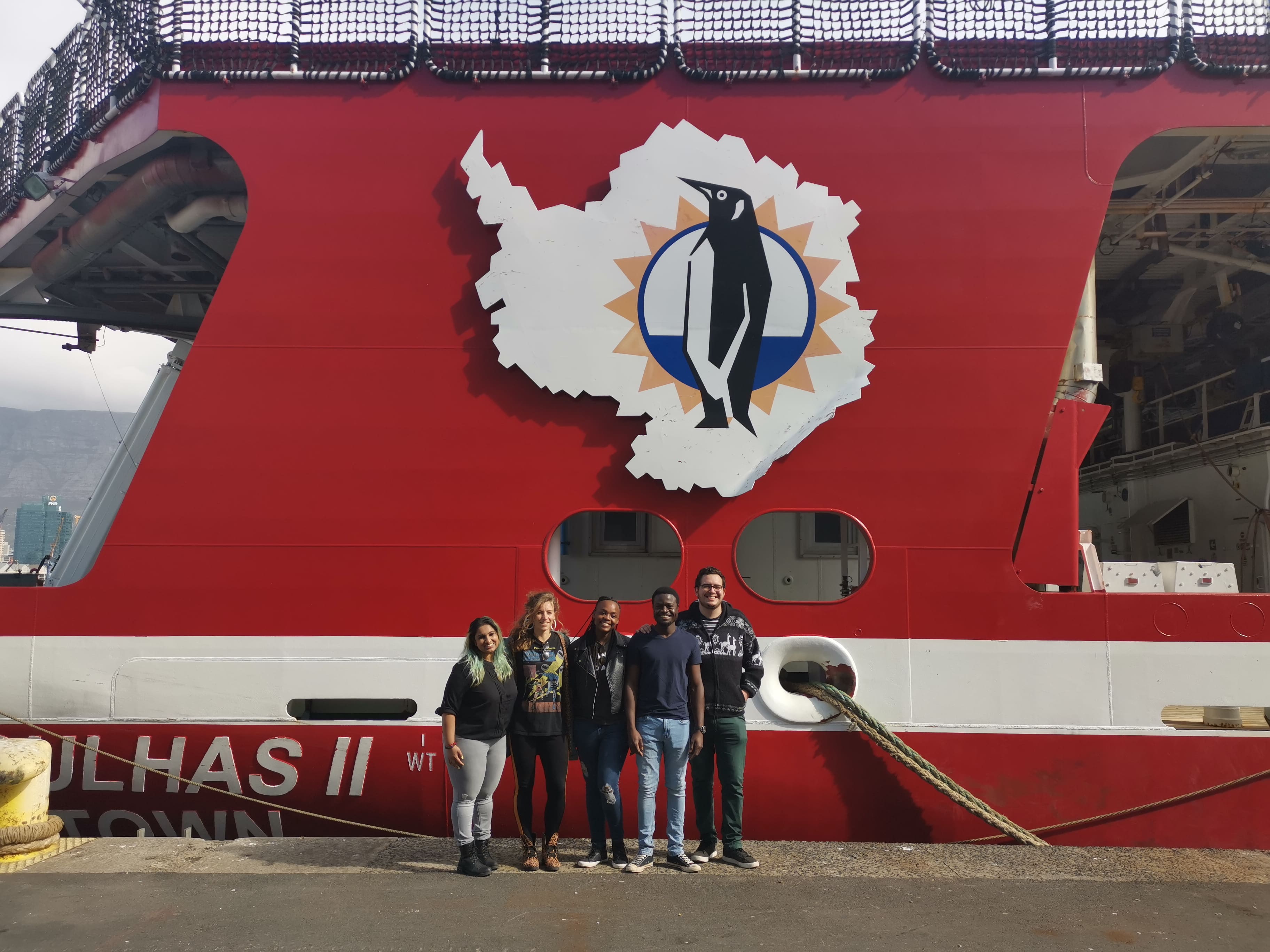
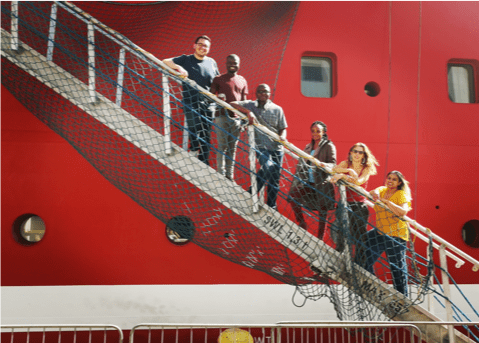
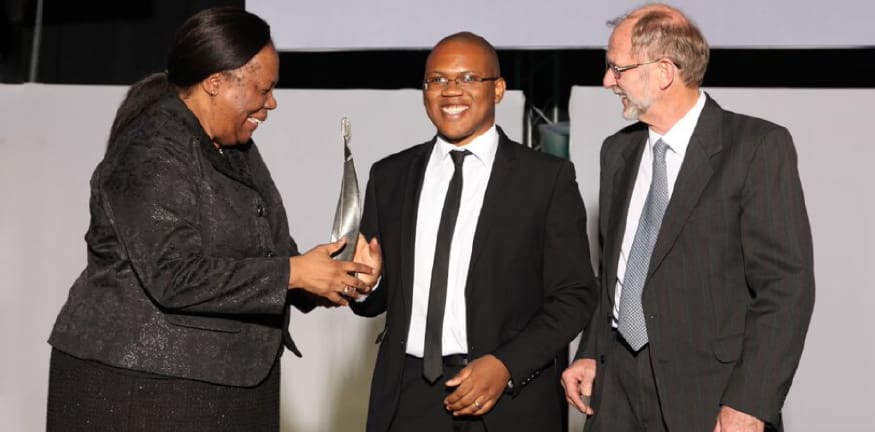 Dr Thulani Makhalanyane was the 2014/15 winner of a TW Kambule-NSTF Award for Emerging Researchers. Dr Makalanyane received his NSTF Award trophy from the Minister of Science and Technology, Naledi Pandor, and the Chairman of proSET, Reinhard Meyer
Dr Thulani Makhalanyane was the 2014/15 winner of a TW Kambule-NSTF Award for Emerging Researchers. Dr Makalanyane received his NSTF Award trophy from the Minister of Science and Technology, Naledi Pandor, and the Chairman of proSET, Reinhard Meyer
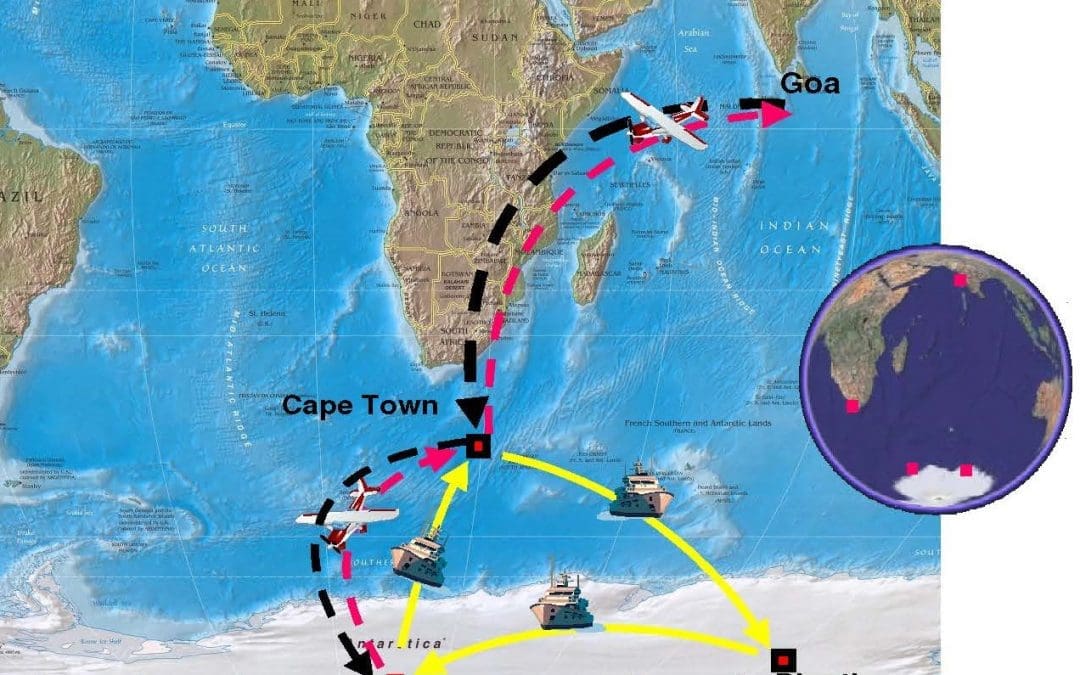
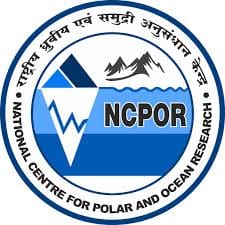 INVITATION FOR INNOVATIVE RESEARCH PROPOSALS
INVITATION FOR INNOVATIVE RESEARCH PROPOSALS  (40-ISEA)
(40-ISEA)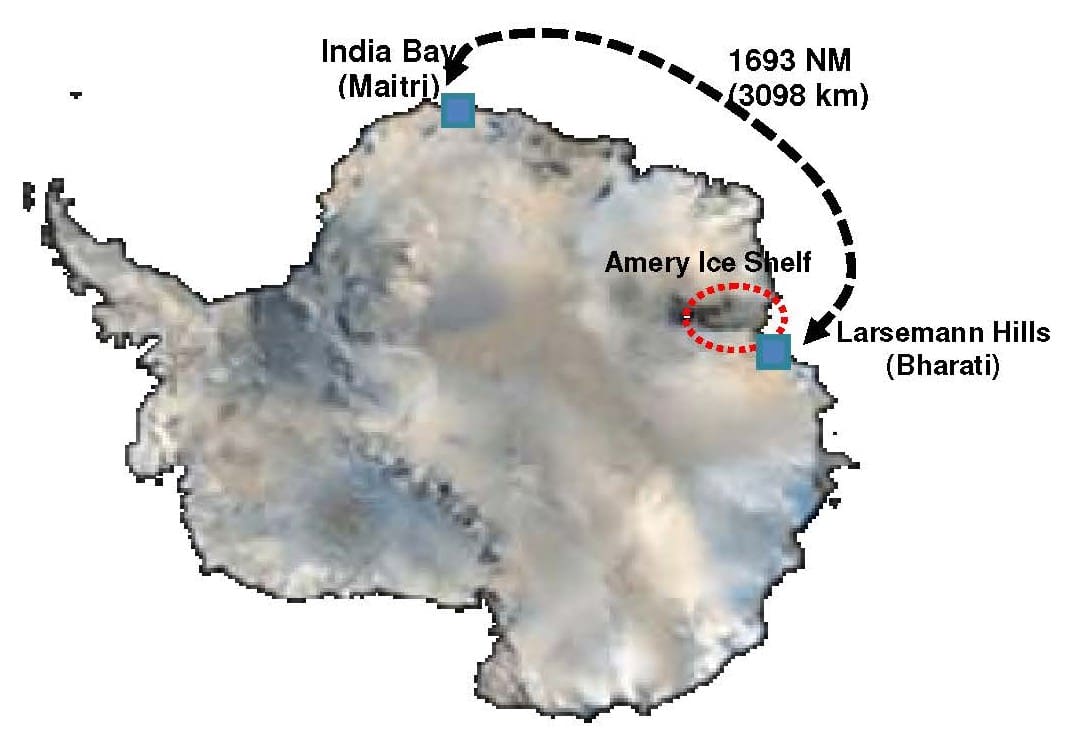 -NCPOR operate two-year round stations in Antarctica, which are~ 3000 km apart
-NCPOR operate two-year round stations in Antarctica, which are~ 3000 km apart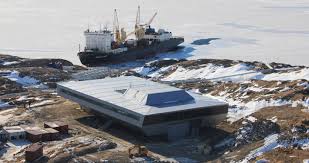

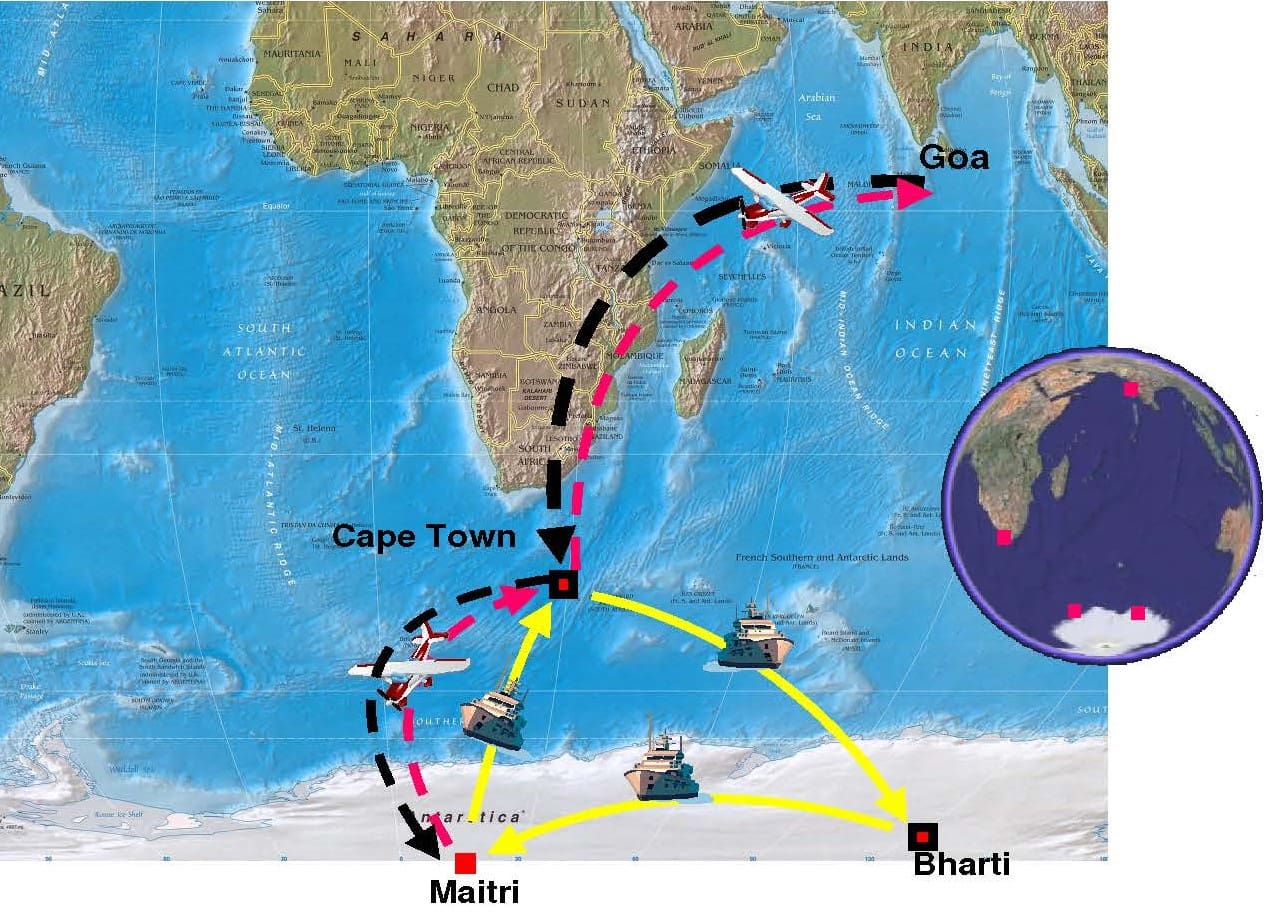 from Goa to Antarctica and back is taken care of by ESSO-NCPOR. Travel only available in Summer Season
from Goa to Antarctica and back is taken care of by ESSO-NCPOR. Travel only available in Summer Season
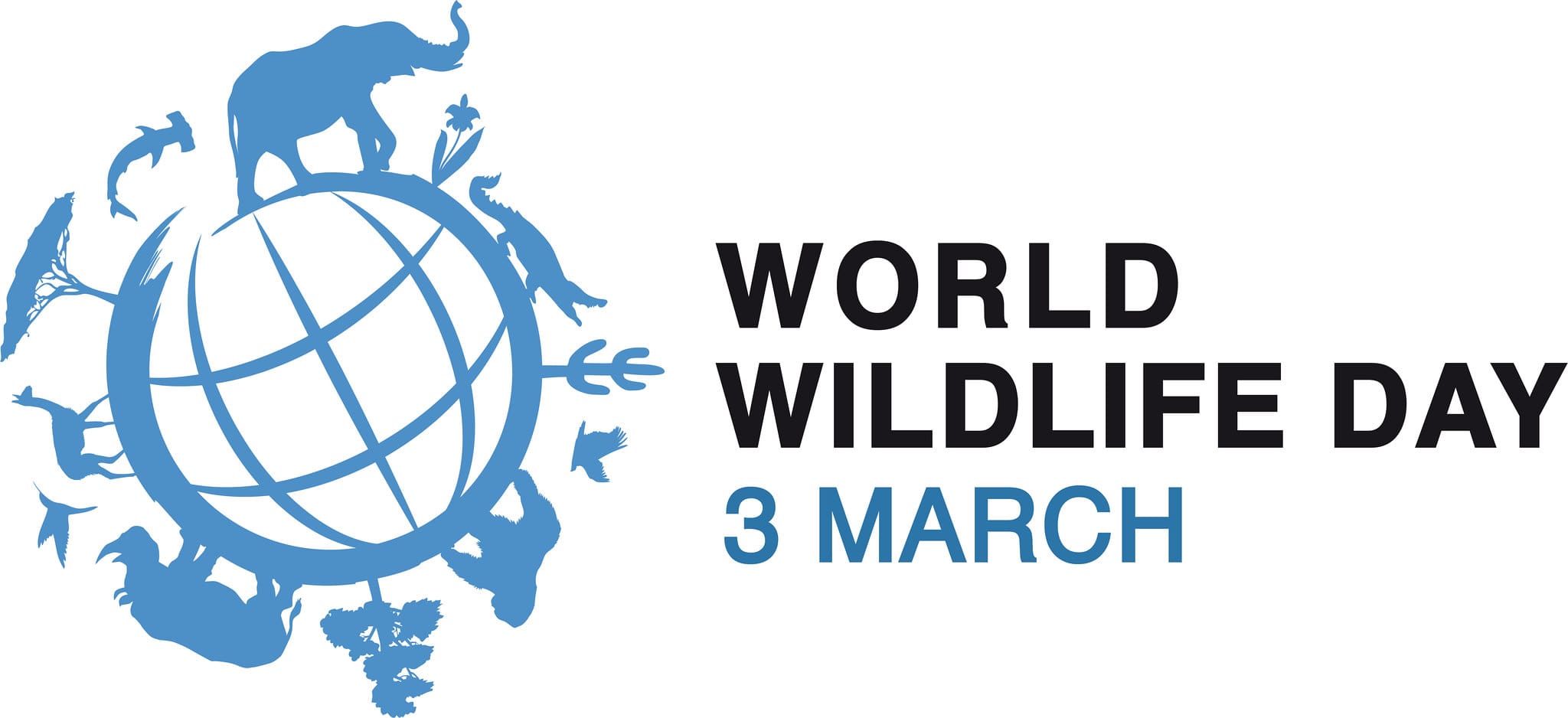 On
On 



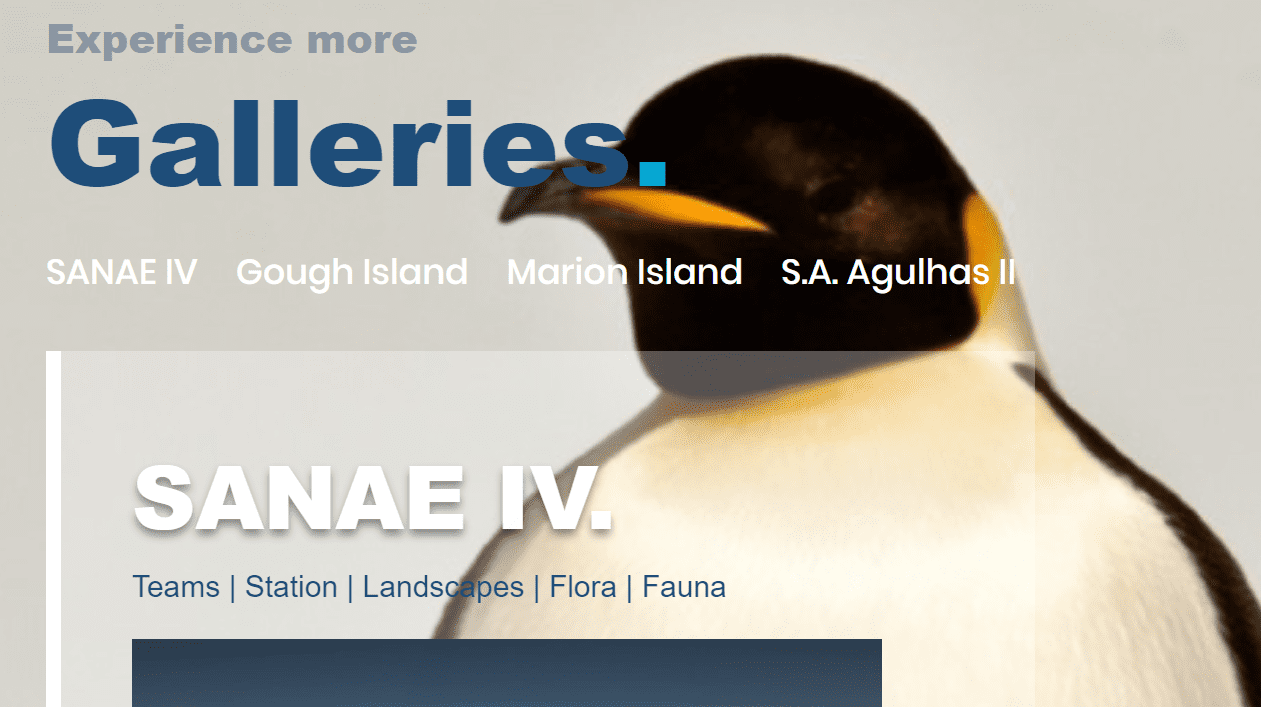 See amazing images on the SANAP website
See amazing images on the SANAP website 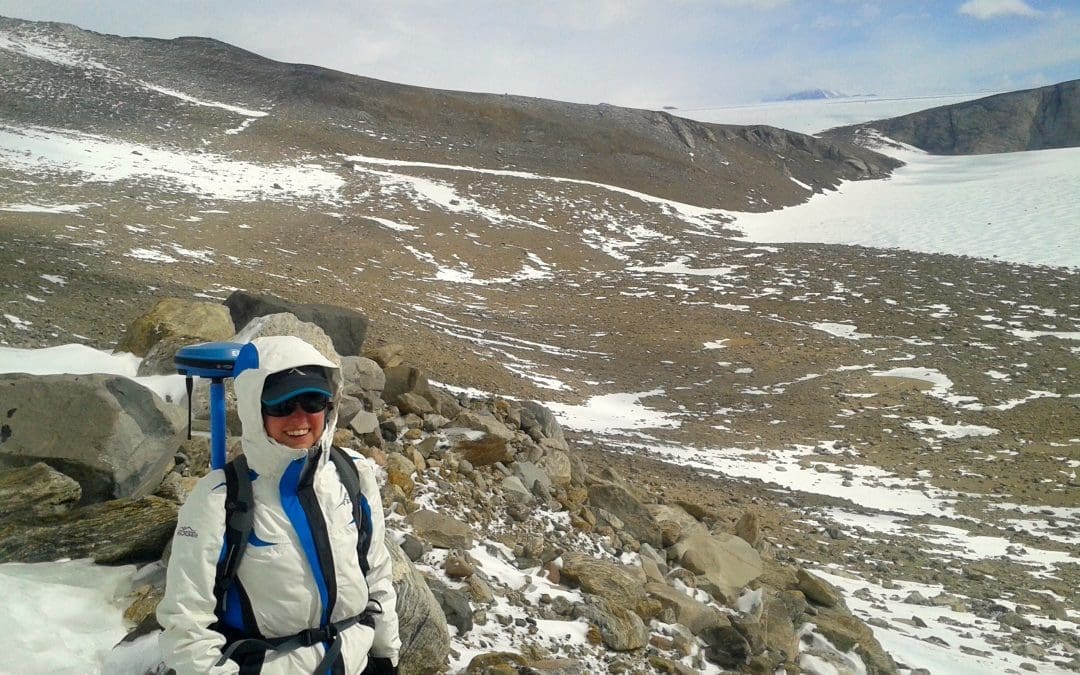
 of Marion Island in the sub-Antarctic. Her research is on the impact of various physical factors on landscape change, for example: animals (seals in particular) on soil properties and vegetation community composition; ice, above or below the ground surface. Geomorphology or better known as Physical Geography is her area(s) of Interest and more specifically, the processes behind
of Marion Island in the sub-Antarctic. Her research is on the impact of various physical factors on landscape change, for example: animals (seals in particular) on soil properties and vegetation community composition; ice, above or below the ground surface. Geomorphology or better known as Physical Geography is her area(s) of Interest and more specifically, the processes behind 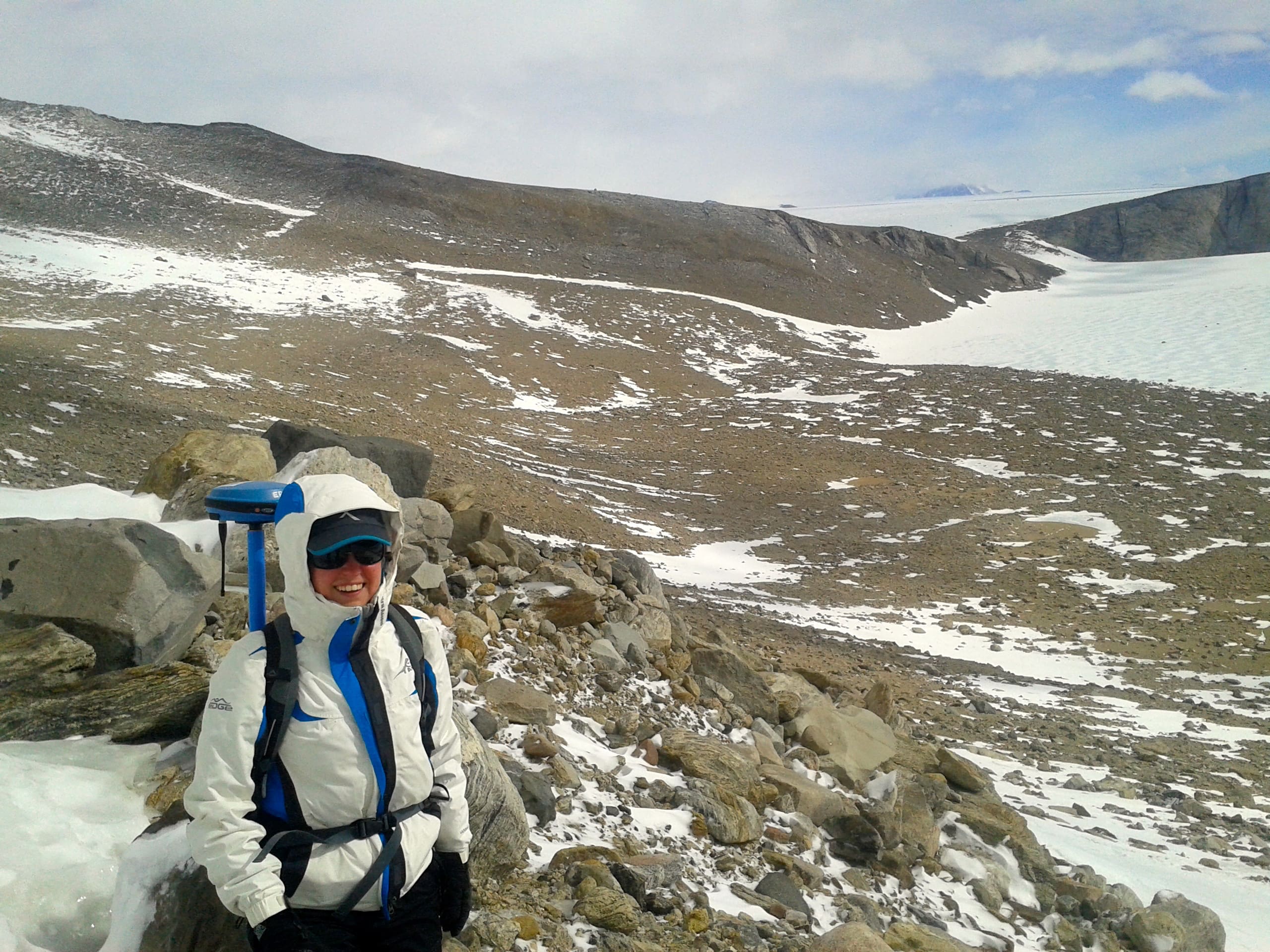 Periglacial Landforms and to a lesser extent Biogeomorphology. She is fascinated by cold and mountainous places, and thus prefer to work in environments like the High Drakensberg, Subantarctic Marion Island or Antarctica. Liezel is a
Periglacial Landforms and to a lesser extent Biogeomorphology. She is fascinated by cold and mountainous places, and thus prefer to work in environments like the High Drakensberg, Subantarctic Marion Island or Antarctica. Liezel is a  research is part of a growing body of work that critically examines biogeochemical cycling in the ocean, particularly regions that are currently under-sampled. The research aims involve exploring phytoplankton community dynamics and microbe-nutrient interactions in the Indian Ocean, including subtropical and Southern
research is part of a growing body of work that critically examines biogeochemical cycling in the ocean, particularly regions that are currently under-sampled. The research aims involve exploring phytoplankton community dynamics and microbe-nutrient interactions in the Indian Ocean, including subtropical and Southern  Ocean waters. To-date, Kolisa has been awarded the Advancing Womxn Fellowship in the Department of Oceanography. She is a Black Women in South Africa Fellows of 2019. In 2019 she was nominated as one of the Inspiring Fifty Women in STEM South Africa. Kolisa has a passion for learning science and for sharing her science and this PhD programme has allowed her to engage in effective science communication through both public speaking and scientific writing. Kolisa’s work has also been documented in the academic communication magazine, The Conversation Africa. Earlier this year she was invited to be on the “New Voices” panel at the annual Nature, Environment and Wildlife Filmmakers Congress. Sinyanya is committed to increasing the visibility of women in STEM and to that end, she runs a blog called
Ocean waters. To-date, Kolisa has been awarded the Advancing Womxn Fellowship in the Department of Oceanography. She is a Black Women in South Africa Fellows of 2019. In 2019 she was nominated as one of the Inspiring Fifty Women in STEM South Africa. Kolisa has a passion for learning science and for sharing her science and this PhD programme has allowed her to engage in effective science communication through both public speaking and scientific writing. Kolisa’s work has also been documented in the academic communication magazine, The Conversation Africa. Earlier this year she was invited to be on the “New Voices” panel at the annual Nature, Environment and Wildlife Filmmakers Congress. Sinyanya is committed to increasing the visibility of women in STEM and to that end, she runs a blog called  She has just been awarded the HJ Scoonbee medal for the best MSc Dissertation
She has just been awarded the HJ Scoonbee medal for the best MSc Dissertation  pressures on the organism and the genes that experience selection in response to environmental change. Her results highlighted complex spatial genetic patterns that could be driven by micro-habitat preferences and/or a fitness funnel driven by local adaptations. This complexity illustrates that individuals respond to environmental changes. Her results may bring about far-reaching implications for conservation management on Marion Island, highlighting the importance of considering fine-scale evolutionary processes in management plans. In essence, her results emphasize that conservation efforts are best addressed in a ‘bottom-up’ approach as opposed to a ‘top-down’ approach, which is the case for (Southern Ocean) biodiversity. She is passionate about her work and is extremely fond of the world down south. Daniela loves everything about nature, the outdoors, and sports, particularly soccer, of which she is part of a ladies team in a provincial league. She enjoys spending time with her friends and family, and in her free time, she enjoys the hobby of fishkeeping.
pressures on the organism and the genes that experience selection in response to environmental change. Her results highlighted complex spatial genetic patterns that could be driven by micro-habitat preferences and/or a fitness funnel driven by local adaptations. This complexity illustrates that individuals respond to environmental changes. Her results may bring about far-reaching implications for conservation management on Marion Island, highlighting the importance of considering fine-scale evolutionary processes in management plans. In essence, her results emphasize that conservation efforts are best addressed in a ‘bottom-up’ approach as opposed to a ‘top-down’ approach, which is the case for (Southern Ocean) biodiversity. She is passionate about her work and is extremely fond of the world down south. Daniela loves everything about nature, the outdoors, and sports, particularly soccer, of which she is part of a ladies team in a provincial league. She enjoys spending time with her friends and family, and in her free time, she enjoys the hobby of fishkeeping.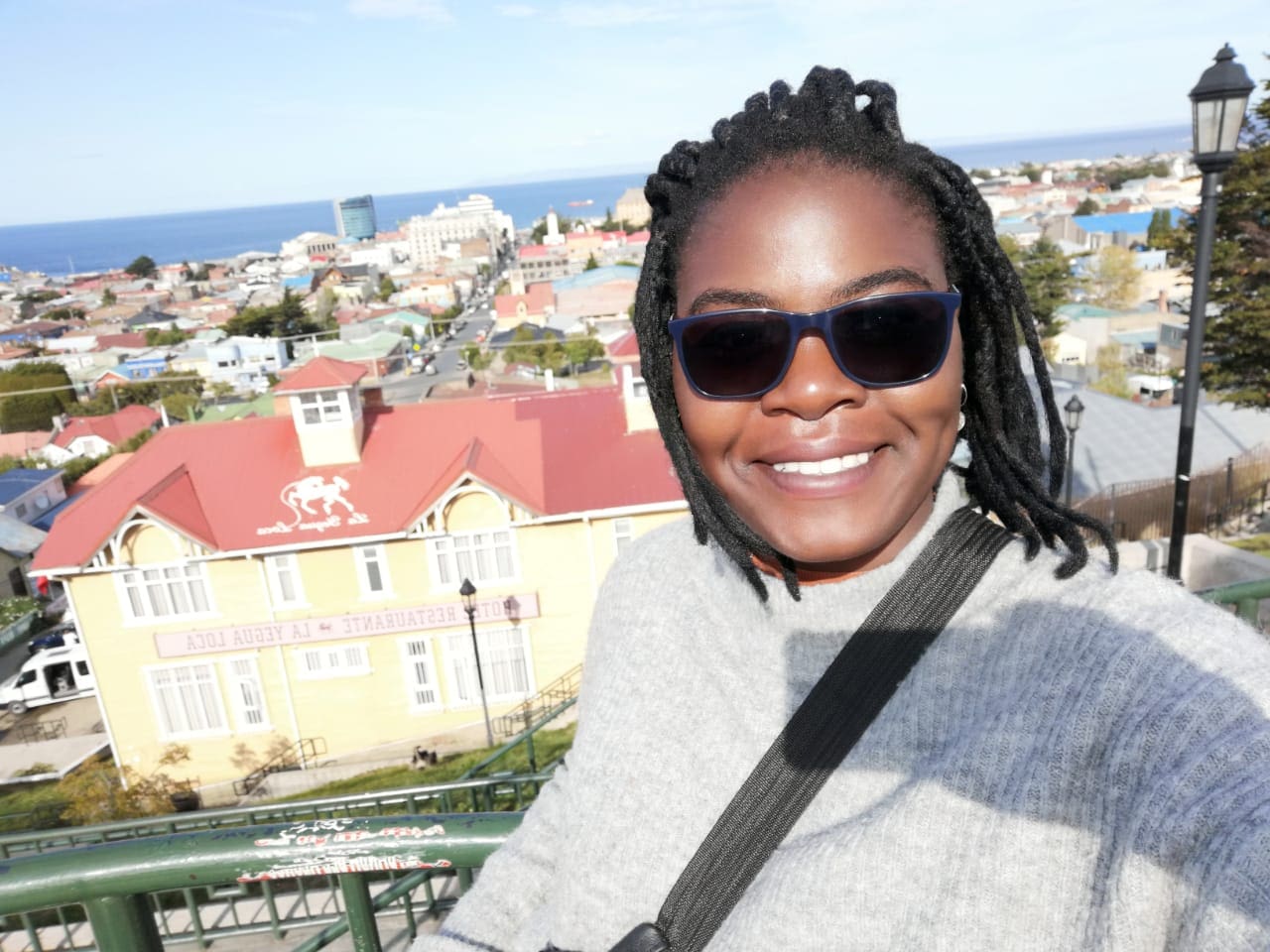 She is currently a Capetonian and studies towards a Masters in Physical/Chemical Oceanography, through the Nelson Mandela University. She was one of 41 students that qualified for this year’s SEAmester cruise and won the prize for best student on-board. During the
She is currently a Capetonian and studies towards a Masters in Physical/Chemical Oceanography, through the Nelson Mandela University. She was one of 41 students that qualified for this year’s SEAmester cruise and won the prize for best student on-board. During the  ambition that will not be held back and we are convinced that she will become an Antarctic ambassador at heart and further the connection between Cape Town and the Antarctic, as part of the network of gateway cities toward the Antarctic. Her expectation for the expedition before she left : “I look forward especially to interacting with the other young leaders and researchers chosen for this expedition to possibly establish connections. As an aspiring Oceanographer, Antarctica is an important milestone in my career, it represents the pinnacle of science, cooperation and diplomacy. To be the South African ambassador for this project is a privilege and is extremely humbling.” Rudzi arrived back in Cape Town on 28 February 2020 from the first ACYE
ambition that will not be held back and we are convinced that she will become an Antarctic ambassador at heart and further the connection between Cape Town and the Antarctic, as part of the network of gateway cities toward the Antarctic. Her expectation for the expedition before she left : “I look forward especially to interacting with the other young leaders and researchers chosen for this expedition to possibly establish connections. As an aspiring Oceanographer, Antarctica is an important milestone in my career, it represents the pinnacle of science, cooperation and diplomacy. To be the South African ambassador for this project is a privilege and is extremely humbling.” Rudzi arrived back in Cape Town on 28 February 2020 from the first ACYE
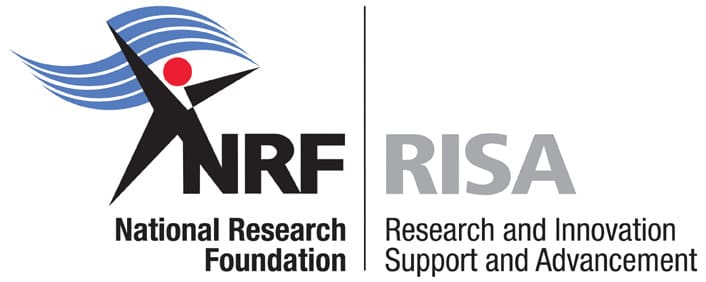
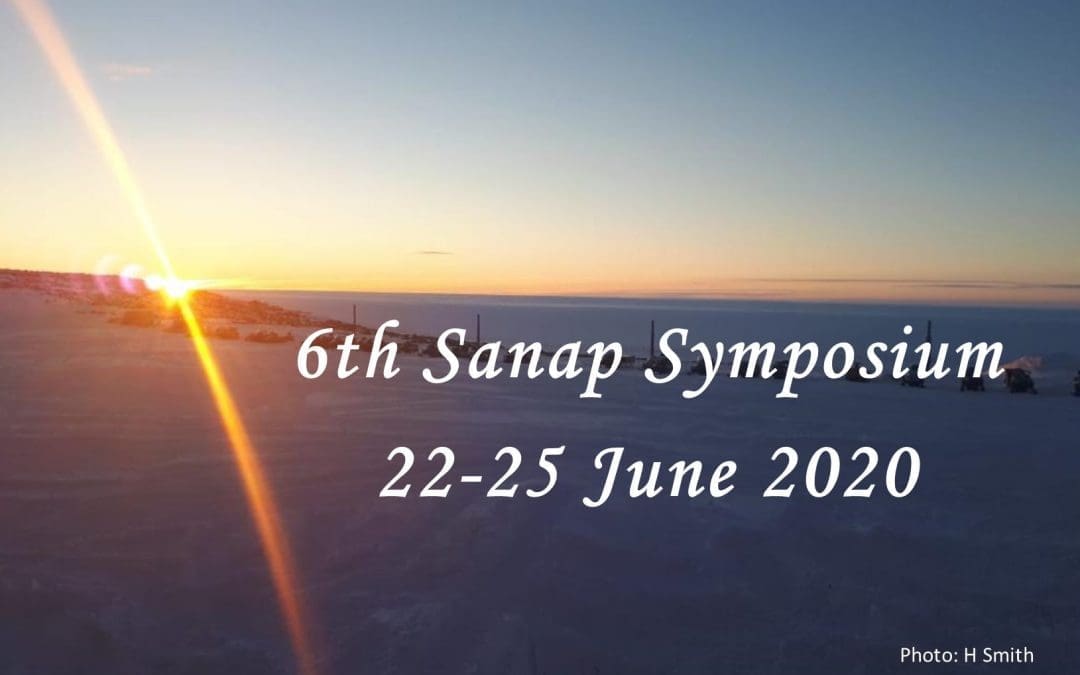
 SAVE the Date for the 6th Biannual SANAP Symposium that will take place 22-25 June 2020.
SAVE the Date for the 6th Biannual SANAP Symposium that will take place 22-25 June 2020.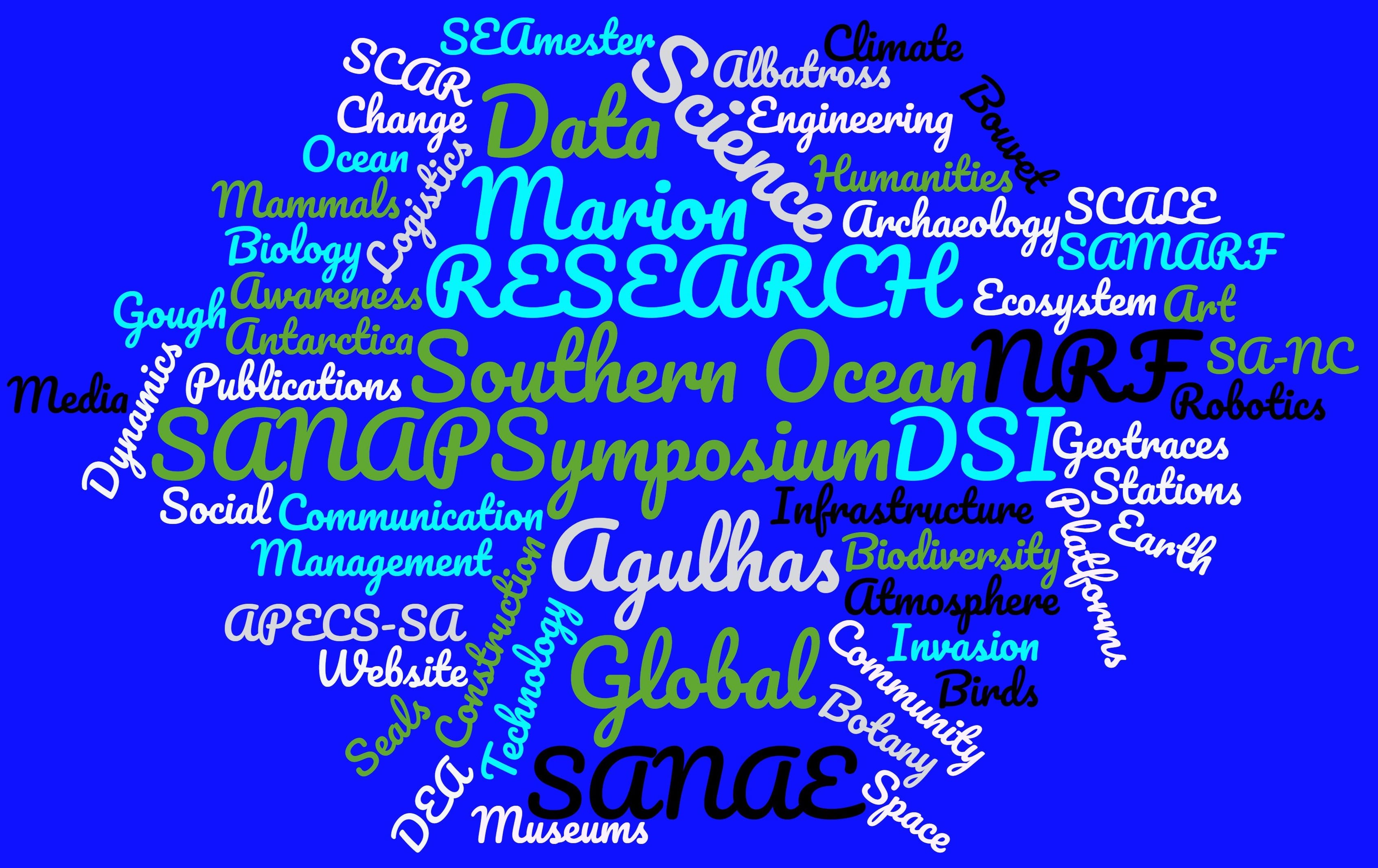
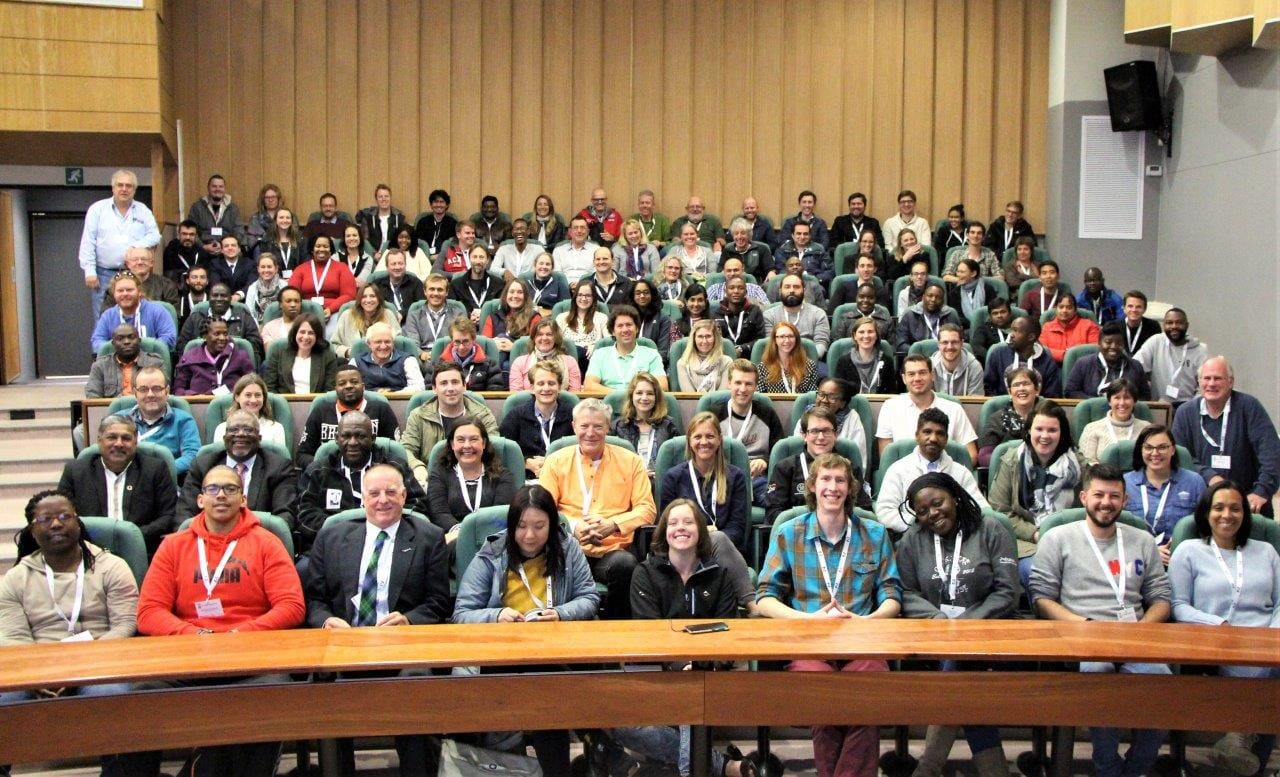 Left: Opening session of the 5th Biannual SANAP Symposium hosted by CPUT and SANSA.
Left: Opening session of the 5th Biannual SANAP Symposium hosted by CPUT and SANSA. 




